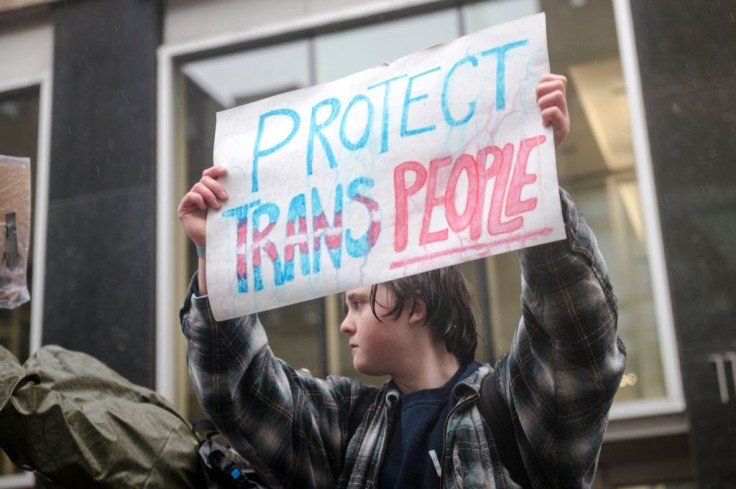
The latest ruling from the Court of Appeals is now granting Alabama the right to move forward with the gender-affirming ban on transgender youth.
The state of Alabama can now legally block the use of hormones and puberty blockers for minors that aim to shift the transition out of their gender. This ruling came after the law was previously blocked for implementation in 2022.
Alabama Transgender Youth Healthcare Ruling
It had been earlier decided by the 11th United States Circuit Court of Appeals that the injunction ought to be vacated; however, the decision had been effectively put on hold while families with transgender children sought the whole appeal court to reexamine the decision.
However, the injunction that was issued on Thursday, January 11, will make it possible for the ban to go into effect while the full court deliberates on whether or not to reconsider the judgment.
Alabama's Attorney General, Steve Marshall, celebrated the ruling, saying that this is a tremendous victory for everyone, the country, and the children.
Marshall added that, as a result of the implementation of the Alabama Vulnerable Child Compassion and Protection Act, the physical and psychological welfare of our children can now be better protected from these experimental and life-altering chemical and surgical operations.
With the signing of the Vulnerable Child Compassion and Protection Act into law in 2022, Alabama Governor Kay Ivey designed it in a way that a medical professional will be legally accountable if he or she is found guilty of providing gender-affirming care to minors, which are stated to be kids under the age of 19.
This law also highlights implications for medical professionals if they are found violating the law, such as a heavy 10-year prison sentence.
By this point, at least 22 states have passed legislation that restricts or prohibits gender-affirming medical care for their transgender youth. Many of these laws are now being challenged in court or have had their enforcement stopped.
A federal judge overturned the country's first law, just like in Arkansas, on the grounds that it violated the due process rights of young transgender people and their families. But the courts have provided split verdicts, with the first statute being struck down in Arkansas.
Furthermore, attorneys who represent transgender adolescents and their families in Tennessee have petitioned the United States Supreme Court to halt the implementation of the state's restriction on gender-affirming care for minors, which was allowed to take effect by a lower court.
In the latter part of this year, it is anticipated that the court will make a decision regarding whether or not it will hear the case.
Worries from Community and Advocates
Additionally, it will put parents in the excruciating position of being unable to provide their children with the necessary medical care for them to thrive.
The lawyers who represented the parents of transgender teens are also disappointed with the decision, saying that it could pose a potential risk and cause harm to parents and children in the state. Advocacy groups also expressed their dismay in the recent court ruling, published in a joint statement.
According to a statement from the National Center for Lesbian Rights, the Human Rights Campaign, the Southern Poverty Law Center, and the GLBTQ Legal Advocates & Defenders, the ban on transgender healthcare in Alabama will have a negative impact on thousands of transgender adolescents throughout the state.